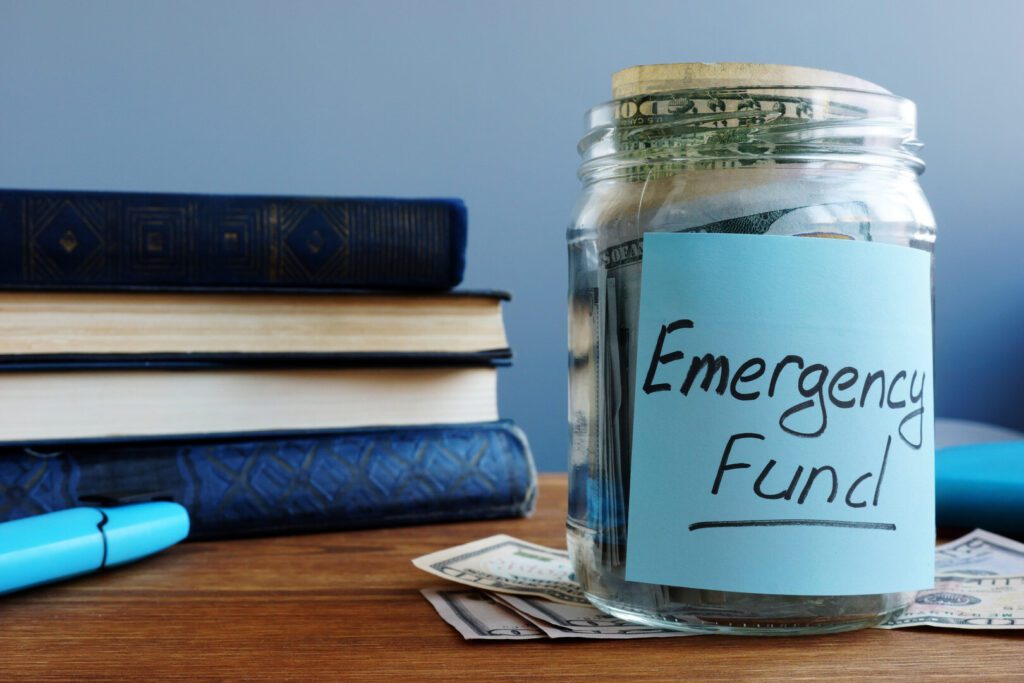When it comes to personal finance, loans are an invaluable tool that help to empower Canadians to meet their financial goals and aspirations. Out of all of the different types of loan on offer in Canada, unsecured loans have gained attention because of their accessibility and flexibility. Lenders simply provide funds to a borrower without any kind of legal claim to their assets in case of default. Unsecured loans play a key role in helping individuals to bridge financial gaps, fund unexpected expenses, or meet financial goals. In this article, we explain what unsecured loans are, how they work, and why they are so important in the financial landscape.
Unsecured loans: what are they?
Unsecured loans are loans that do not require collateral to secure borrowed funds. This means that borrowers do not need to surrender any assets, like vehicles, as security against the loan. As unsecured loans mean that the lender has no right to the borrower’s assets in case of default, it is a riskier type of loan for lenders and financial institutions. The lender has to rely on the borrower’s ability to repay their loan, their income, and creditworthiness. Often, this type of lending is for individuals with a strong credit report and borrowing capacity. Because these loans are unsecured, without any collateral involved, the interest rates are usually less favourable than those for secured loans, whereby lenders have a claim to the borrower’s assets.
What are the characteristics of unsecured loans?
Unsecured loans typically have the following characteristics in Canada:
- No requirement for collateral. This is the primary difference between unsecured loans and secured loans. It means that unsecured loans are available to many more borrowers who may not own valuable assets that can be used as security.
- Quick access. Unsecured loans are usually pretty quick to process compared to secured loans as they do not require the extensive appraisal and documentation needed for collateral valuation.
- Credit-based approval. Lenders will often look seriously at the borrower’s credit score when looking at applications for unsecured loans. A higher credit score will usually mean better loan terms, including lower interest rates.
- Flexible usage. Unsecured loans offer borrowers the freedom to use the funds for different purposes. Whether it is debt consolidation, emergency expenses, or vacations, borrowers have flexibility when it comes to using the funds.
- Higher interest rates. Because unsecured loans pose a greater risk for lenders, the interest rates are usually higher than those for secured loans. The repayment terms can vary too, depending on the borrower’s credit history.
Why are unsecured loans important?
Unsecured loans are an important part of Canada’s financial ecosystem. They allow individuals to make investments in life goals (student loans, for instance), fund unexpected expenses like medical bills, consolidate their debt, or even start a business without risking their valuable assets. Some Canadians will not have substantial collateral, and so unsecured loans enable them to borrow funds when required. Despite the multiple benefits of unsecured loans, it is really important to be cautious and responsible when thinking about taking on an unsecured loan. They come with higher interest rates, and can quickly escalate in cost as unsecured debts if not repaid in full and on time. Borrowers should carefully assess their financial situations, and learn how to budget appropriately to ensure they can comfortable commit to their loan. If you feel like your debts are becoming too much, you should speak to a reputable Licensed Insolvency Trustee. Licensed Insolvency Trustees are the only professionals in Canada legally able to file all forms of debt relief. This makes them extremely well placed to review your financial situation, and advise you on your options.
Unsecured loans are important in providing financial solutions to many Canadians, offering flexibility without the need for collateral. They should, however, be handled carefully. If you have any questions or concerns about unsecured loans, you should book a free consultation with an experienced Licensed Insolvency Trustee at Spergel. We can help you to navigate the complexities of personal finance. Reach out today – you owe it to yourself.



















